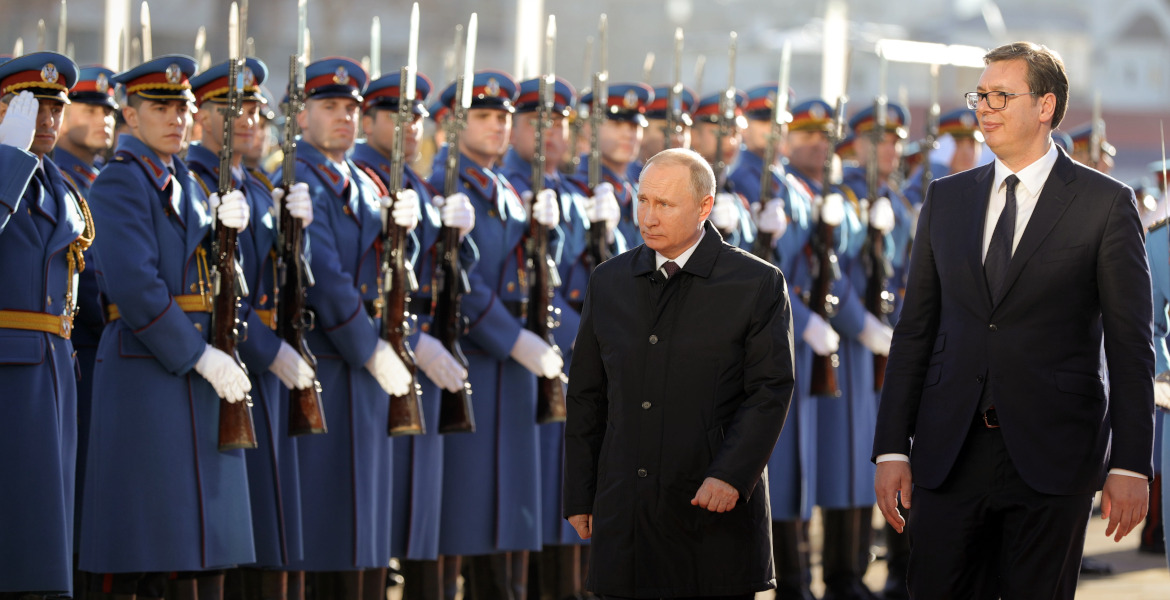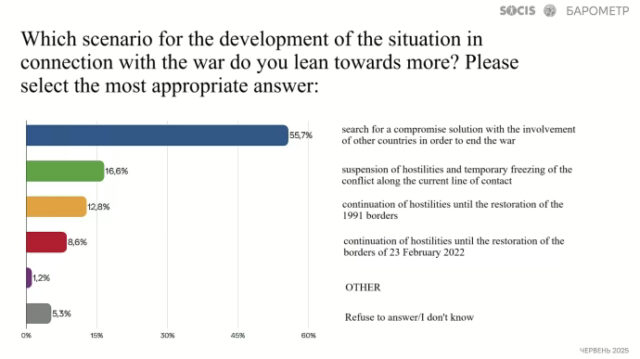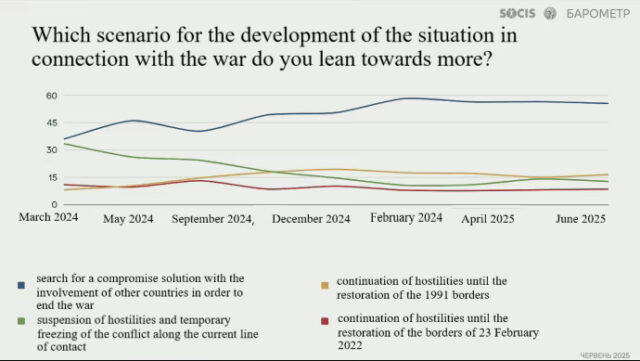The grain agreement between Ukraine and Russia is unlikely to be renewed. This, in turn, is expected to affect world market prices – which could also lead to a sharp rise in Swedish food prices.
The Russian-Ukrainian agreement, under which Ukrainian grain could be exported from the country via three Black Sea ports even during the ongoing war, expires at midnight and does not appear to have been renewed so far.
Russia has repeatedly threatened to withdraw from the agreement, saying that Ukraine has not met certain requirements for exporting grain and fertilizer and that poor countries have not received promised supplies. However, Kremlin spokesman Dmitry Peskov insists that the Kremlin is ready to renew the agreement if Ukraine is deemed to have fulfilled its obligations.
The conflict threatens to have a major impact on global food prices, and Torbjörn Jansson, associate professor of economics, says the result will be “catastrophic” for grain farmers.
For Sweden, food prices are expected to rise sharply regardless of whether grain is bought from Ukraine or not, as Swedish prices are affected by global prices and demand.
– Everything is determined by world market prices. Whether we buy grain from Ukraine or not. If prices go up on the world market, Swedish prices also go up, Karin Brynell, CEO of the trade association Svensk dagligvaruhandel, told TT.
The UN goes even further, saying that “global hunger” is to be expected if the agreement is not renewed.
Torbjörn Jansson does not believe there will be a famine, pointing out that there are now more export routes through the EU where Ukrainian grain can be shipped. Some countries are more vulnerable than others. Turkey, for example, is highly dependent on Ukrainian grain, and the new and more complicated transport routes will lead to higher prices.
– There wouldn’t be a famine or anything like that. But it will be more expensive for households in countries that are already struggling. Even a few percent higher prices would make things more difficult for them.
Sweden’s Development Minister Johan Forssell calls the situation “serious” and adds that Sweden will now have to “assess and analyze the situation, not least with our European partners”.
It should be noted that since the outbreak of the war in Ukraine and the many sanctions imposed on Russia, Swedish food prices have risen to levels unprecedented in more than 70 years, with some food categories almost doubling in price in just one year, leading to record numbers of Swedes turning to aid agencies for food.











